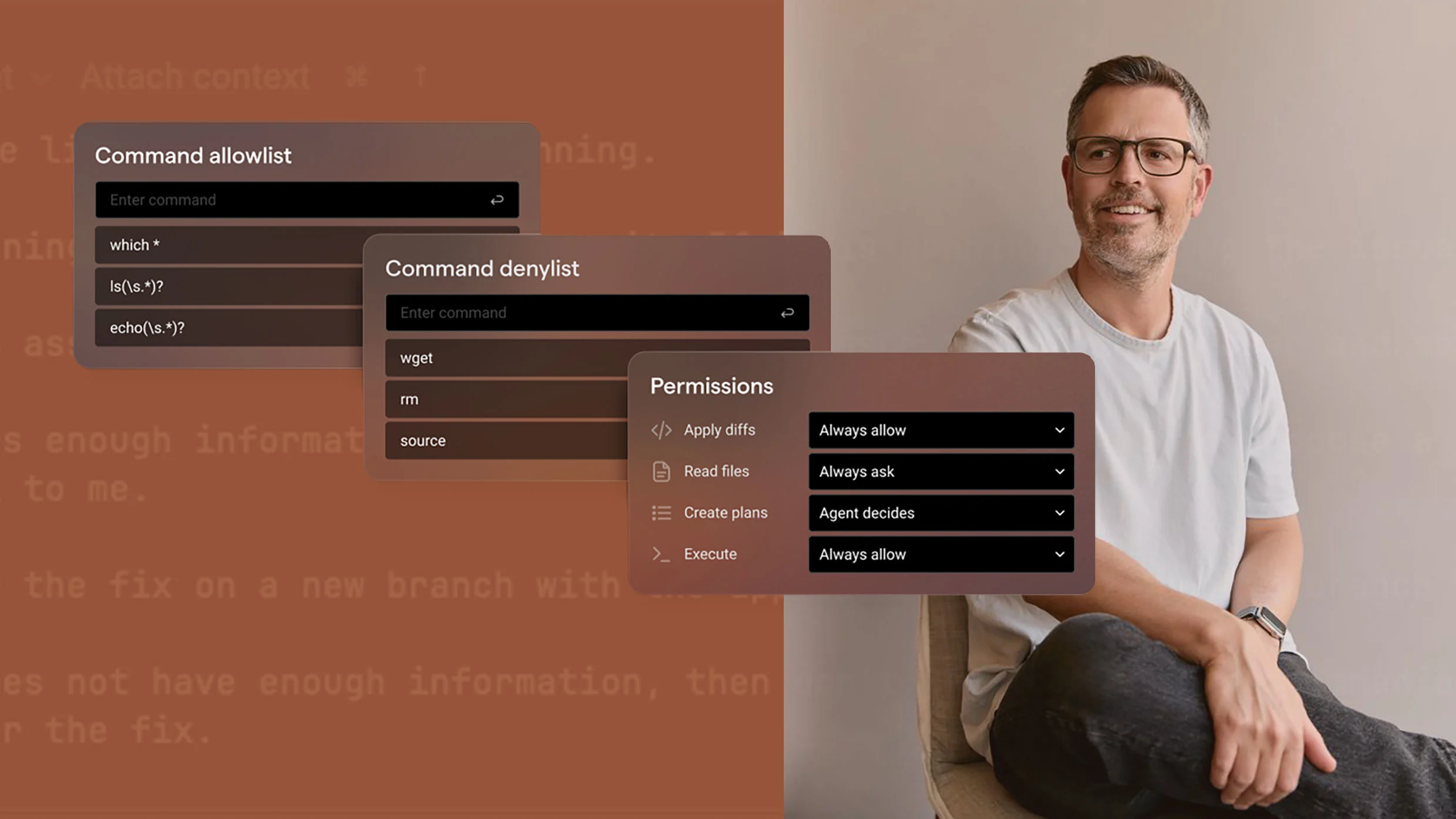Cybercriminals Exploit AI to Infiltrate Remote Job Markets
In a concerning development, cybercriminals are leveraging artificial intelligence to create deceptive identities and infiltrate remote job markets. Research indicates that scammers are using AI to mask their true identities by crafting sophisticated fake profiles, complete with fake resumes, professional headshots, websites, and LinkedIn profiles. This AI-generated facade can present an illusion of the perfect candidate for job applications.
Once employed, these scammers can potentially steal company secrets or install malicious software. While identity theft is not a new phenomenon, the use of AI allows these operations to scale significantly, posing a growing challenge for businesses. According to research and advisory firm Gartner, by 2028, one in four job applicants may be a fake.
Spotting the Fake
Identifying AI-generated candidates is challenging but not impossible. A viral incident reported on LinkedIn revealed the sophisticated scams at play. Dawid Moczadlo, co-founder of cybersecurity firm Vidoc Security, shared his experience with a suspected AI-generated job seeker. He requested the individual cover their face with their hand, suspecting they were using an AI filter. When the candidate refused, Moczadlo ended the interview, believing the face filter would be disrupted by such gestures.
This incident prompted Vidoc Security to revise its hiring process, now requiring in-person interviews to verify the authenticity of job applicants. This costly step is deemed necessary to ensure peace of mind.
Wider Patterns of Deception
These scams are not isolated incidents. The Justice Department has uncovered numerous networks, some linked to North Korea, where fake identities, often supported by AI, are used to secure remote jobs within the U.S. These operations funnel substantial funds to North Korea’s Ministry of Defense, potentially supporting the country’s nuclear program. Similar patterns of deception were identified in Vidoc’s case, although investigations continue.
The challenge of identifying these fraudulent candidates highlights the difficulties for businesses without dedicated security expertise. In response, Vidoc’s co-founders have developed a guide aimed at helping HR professionals recognize fraudulent applicants.
Best Practices to Ensure Authenticity
For anyone concerned about the authenticity of potential hires, the CBS News Confirmed team has compiled a list of best practices:
- Scrutinize LinkedIn Profiles – Check the creation date and connections to verify legitimacy.
- Cultural Questions – Ask questions that only locals would know to verify authenticity.
- Prefer In-person Interviews – The most reliable method to confirm a candidate’s identity.
Stay Informed
For more updates on cybercrime and AI trends, subscribe to news articles at aitechtrend.com.
Note: This article is inspired by content from CBS News. It has been rephrased for originality. Images are credited to the original source.








